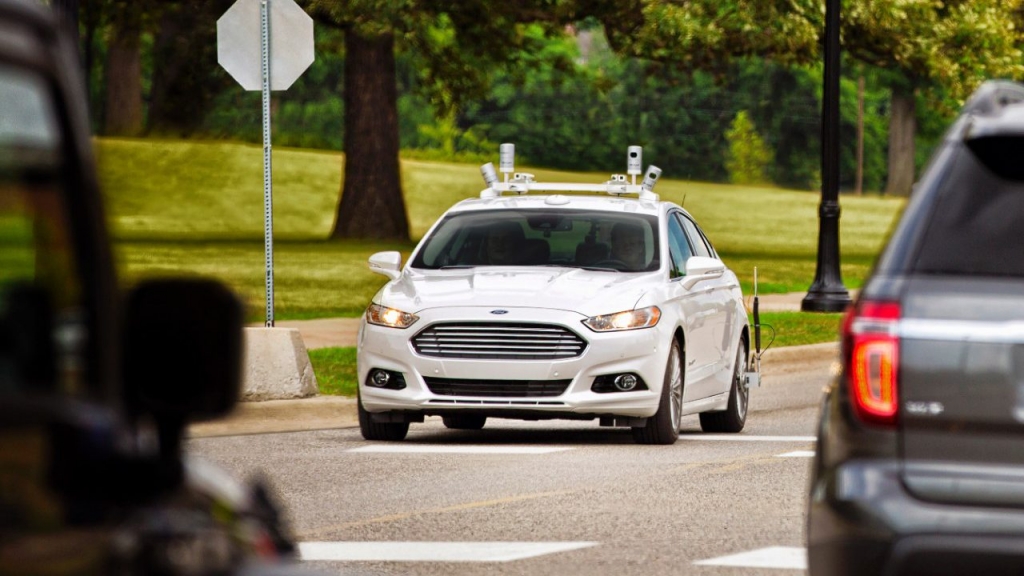-
Tips for becoming a good boxer - November 6, 2020
-
7 expert tips for making your hens night a memorable one - November 6, 2020
-
5 reasons to host your Christmas party on a cruise boat - November 6, 2020
-
What to do when you’re charged with a crime - November 6, 2020
-
Should you get one or multiple dogs? Here’s all you need to know - November 3, 2020
-
A Guide: How to Build Your Very Own Magic Mirror - February 14, 2019
-
Our Top Inspirational Baseball Stars - November 24, 2018
-
Five Tech Tools That Will Help You Turn Your Blog into a Business - November 24, 2018
-
How to Indulge on Vacation without Expanding Your Waist - November 9, 2018
-
5 Strategies for Businesses to Appeal to Today’s Increasingly Mobile-Crazed Customers - November 9, 2018
Ford to launch totally driverless cars by 2021
Ford has announced that it is targeting to mass produce fully autonomous vehicles without steering wheels, pedals and gas tanks by 2021, with the vehicles to be used by ride-sharing and ride-hailing services.
Advertisement
Ford’s approach to the autonomous auto breaks from many other companies, like Mercedes-Benz and Tesla Motors, which plan to gradually add self-driving capability to traditional cars.
Ford’s latest announcement targets the launch of a vehicle capable of SAE Level 4 autonomy, which implies the fact that a auto will not require driver intervention to handle the tasks of driving.
Ford is investing a lot and expanding its business and also collaborating with a $150 million investment with Baidu in Velodyne which is the LIDAR (laser-radar) camera system that works for many self-driving vehicle projects.
Ford has increased its Silicon Valley presence and invested in four companies to allow its vehicle to come to fruition, allowing it to properly develop the 3D mapping, LIDAR, cameras and sensors to make fully autonomous transport possible.
“We see autonomous vehicles as having as significant an impact on society as Ford’s moving assembly line more than 100 years ago”. By then though, we’ll be dealing with Ford’s first autonomous ride-sharing vehicle coming in 2021.
“We abandoned the steppingstone approach of driver-assist technologies and decided we were going to take the full leap”, said Raj Nair, Ford’s chief technical officer. He said Ford might even choose not to partner, and roll out such services on its own. Ford also acquired the Israel-based computer vision and machine learning company SAIPS to further strengthen its expertise in artificial intelligence and enhance computer vision.
This year alone, Ford plans to triple its autonomous vehicle test fleet to be the largest test fleet of any automaker. Riders may have a hard time trusting fully autonomous cars, for example, but semi-autonomous cars can be unsafe because drivers may not understand what the vehicles can and cannot do.
Advertisement
In addition, Ford signed an exclusive licensing agreement with Nirenberg Neuroscience, a machine vision company founded by neuroscientist Sheila Nirenberg, who cracked the neural code the eye uses to transmit visual information to the brain.





























